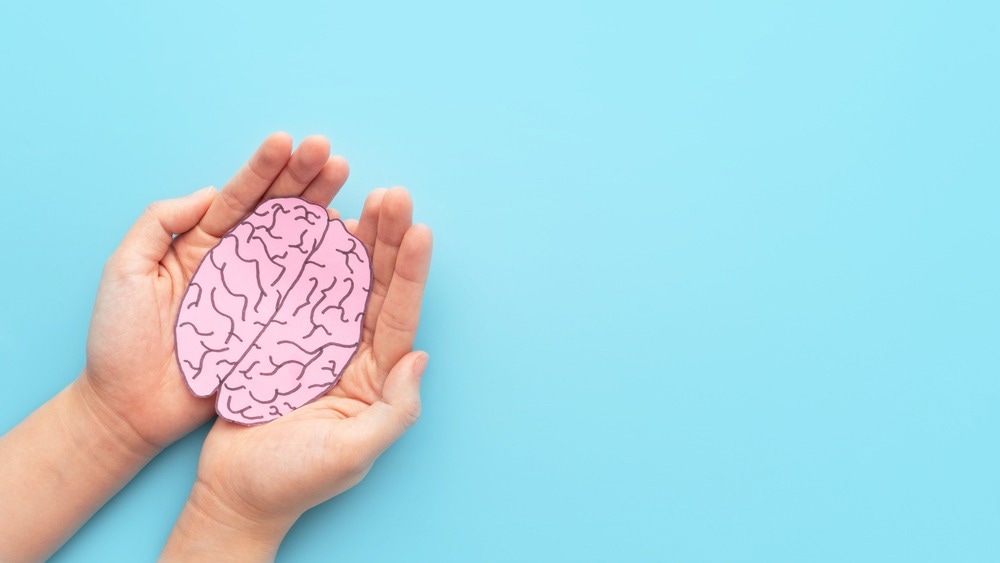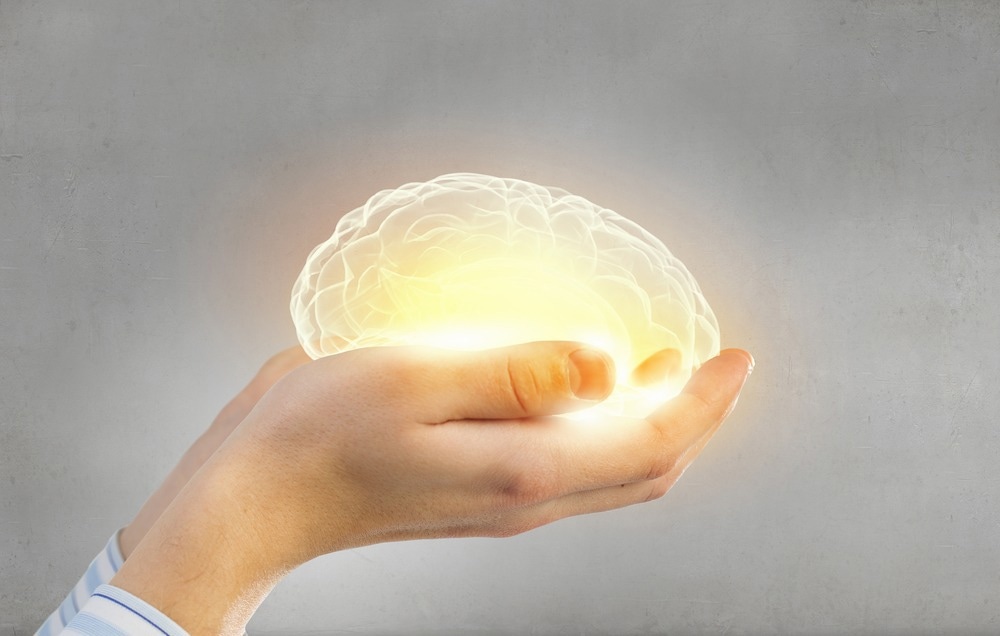What is the PIS?
Psychological antibodies
Building psychological immunity
References
Further reading
The threat posed by non-infectious disease agents to human survival is coming to the fore once again, driven by the obvious challenges of dealing with health-related high-risk behaviors, misinformation, disinformation, and fake science. Much work is being done in this field, showing that a complex array of cognitive and affective processes is at work to help humans stay away from pathogenic objects and situations.

Image Credit: Orawan Pattarawimonchai/Shutterstock.com
This series of processes is termed the psychological immune system (PIS) or behavioral immune system (BIS). The rationale behind the existence of this system is the need to recognize and respond to potentially disease-causing cues.
What is the PIS?
First postulated by Olah, the PIS is taken to be a unified system of cognitive, motivational, and behavioral patterns that help the individual to rebound from stress, develop in a healthy manner, and cope with problems. In this aspect of psychological immunity, it may be described as the defense systems of the mind.
“Among whatever other laws there are about belief change, we have reason to believe that there is a basic psychological immune system at work, constantly adjusting beliefs to ward off serious threats to one's sense of self.”
The PIS guards against breakdown in the face of negative life events, negative emotions induced by one’s own or others’ experiences, and crises. In this respect, the PIS uses psychological antibodies comprising the individual’s resources for resilience and adaptation to protect against psychological damage as a result of the trauma or stress.
The PIS thus comprises multiple techniques by which the psyche deals with the constant inflow of information, so as to maintain its resilience and ability to sustain a productive and happy life, using as many skills and resources as are required by the perceived threat to mental health.
Proper PIS function is associated with life satisfaction and wellbeing as a result of the mental and physical health the corresponding antibodies promote. Life expectancy also correlates with psychological immunity.
A properly functioning PIS protects individuals in high-stress occupations, including emergency room nurses, medical professionals, and soldiers. Nurses and doctors, for instance, may feel helpless and ineffective when faced by stressful or traumatic work, as during the recent influx of COVID-19 cases.
Psychological antibodies
Three components of the PIS have been proposed: the approach-field subsystem (ABS), the Monitoring-Creating-Executing subsystem (MCES), and the self-regulating subsystem (SRS). These deal, respectively, with the ability to recognize one’s place ecologically, to seek and activate the necessary resources to manipulate the environment, and to maintain emotional equanimity as well as sustain the functioning of the other two subsystems.
The psychological antibodies used by these systems include, respectively, positive thought patterns, a sense of control, of self-growth, and of coherence; self-efficacy, creative self-concept, goal orientation, problem-solving capability, challenge orientation, and social mobilization capacity; and synchronicity, impulse control, emotion control, and irritability control.
Promoting the appropriate antibodies will help people at risk for various adverse mental outcomes to use and overcome their trauma and stress, and negative affect, in a useful and productive way, including creating networks of support, opening up to others for help, mastering new skills, and achieving their goals in healthcare provision.
Building psychological immunity
Psychological immunity can be built up by practicing its skills or antibodies. Some important steps include maintaining optimism in all circumstances, seeking growth through every situation, looking for ways to manage every situation via predictable changes, increasing knowledge of necessary skills, and expecting new situations with excitement and readiness.

Image Credit: ESB Professional/Shutterstock.com
Learning to develop the right antibodies shows a strong association with mastering one’s environment, developing a purpose in life, accepting oneself, and autonomy. When people have a strong sense of control, self-growth, and SRS antibodies, they are typically healthy in body and mind.
Perseverance, even on a boring or difficult task, intrinsic task motivation, developing the ability to lead a team, in combination with empathy, as well as the ability to be engaged with one’s surroundings or with work, as required.
A sense of control helps the individual become less depressed and more hopeful, while that of self-growth helps them become open and willing to experience new things.
Creative self-concept and challenge orientation help individuals sustain positive thoughts about themselves and their situation and orient themselves for success. Loss of challenge orientation leaves people vulnerable to burnout and traumatic stress instead.
Dissonance is a major cause of disruption of self-esteem. Being able to overcome such dissonance, by control over one’s emotions and irritability, can lead to a positive use even of one’s feelings of frustration.
References
- Jaiswal, A. et al. (2020). Psychological antibodies” to safeguard frontline healthcare warriors mental health against COVID-19 pandemic-related psychopathology. Frontiers in Psychiatry. doi.org/10.3389/fpsyt.2020.590160
- Yu, F., Olah, A., Ding, X., and Takacs, R. (Eds). Special issue "Mental health protection and promotion in times of crisis: boosting psychological immunity through positive psychology practice”. [Online] Special Issue information - International Journal of Environmental Research and Public Health. Available at: https://www.mdpi.com/journal/ijerph/special_issues/X4Z05C40QT
- Murray, D. R. et al. (2019). PsychoBehavioroimmunology: connecting the behavioral immune system to its physiological foundations. Frontiers in Psychology. doi.org/10.3389/fpsyg.2019.00200
- Mandelbaum, R. (2018). Troubles with Bayesianism: An introduction to the psychological immune system. Mind and Language, 34(2), pp. 141-157. https://onlinelibrary.wiley.com/doi/10.1111/mila.12205
Last Updated: Jun 20, 2023